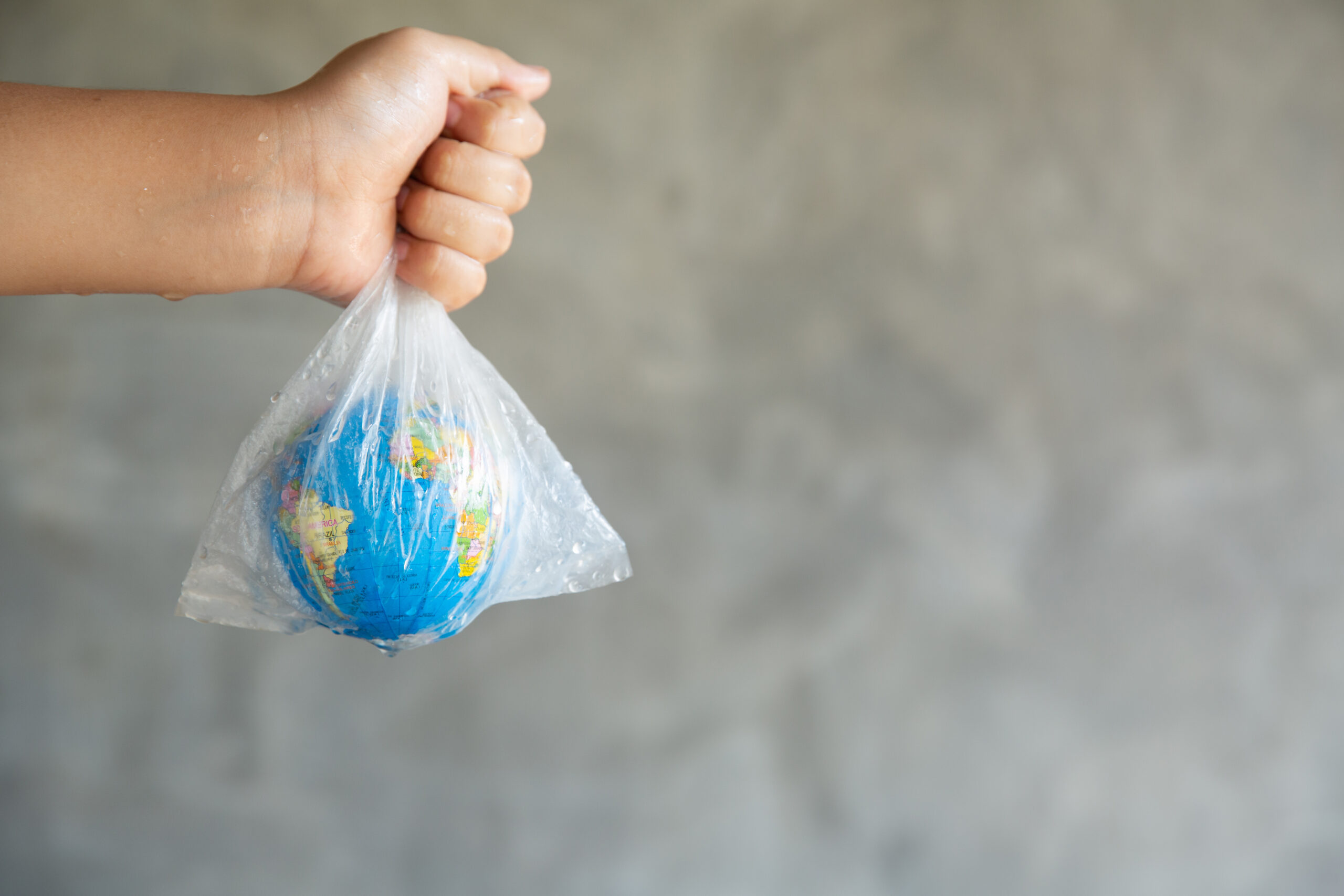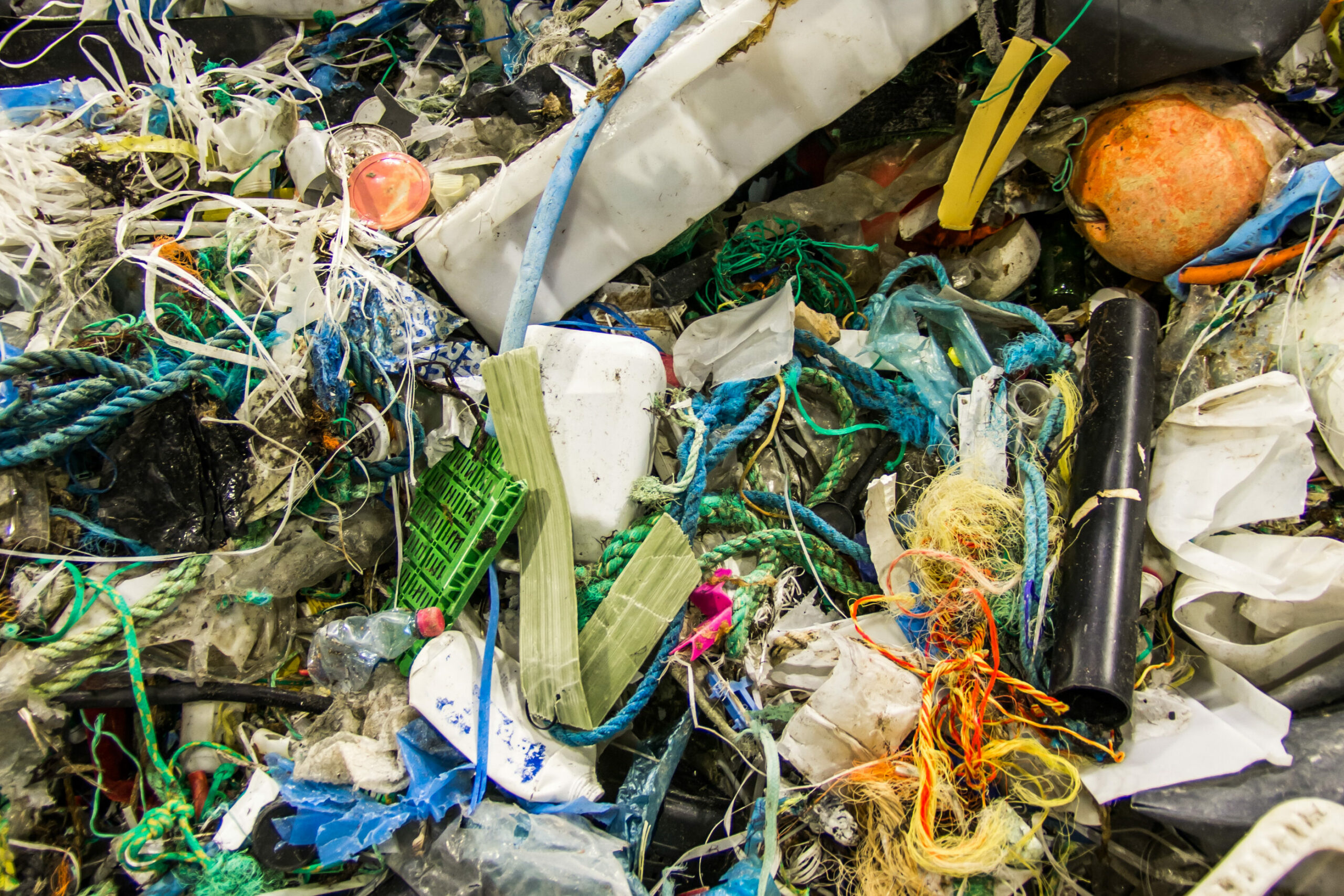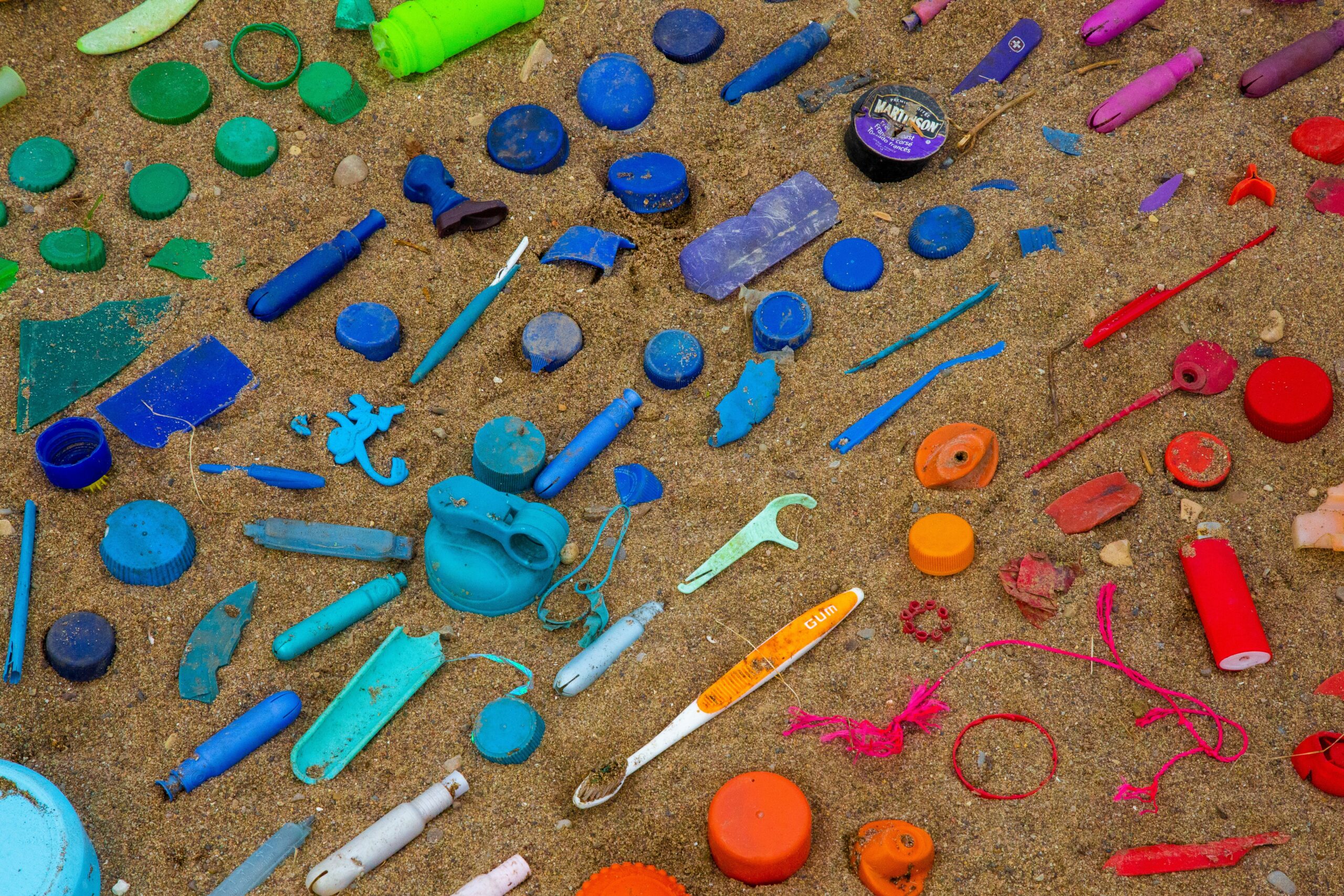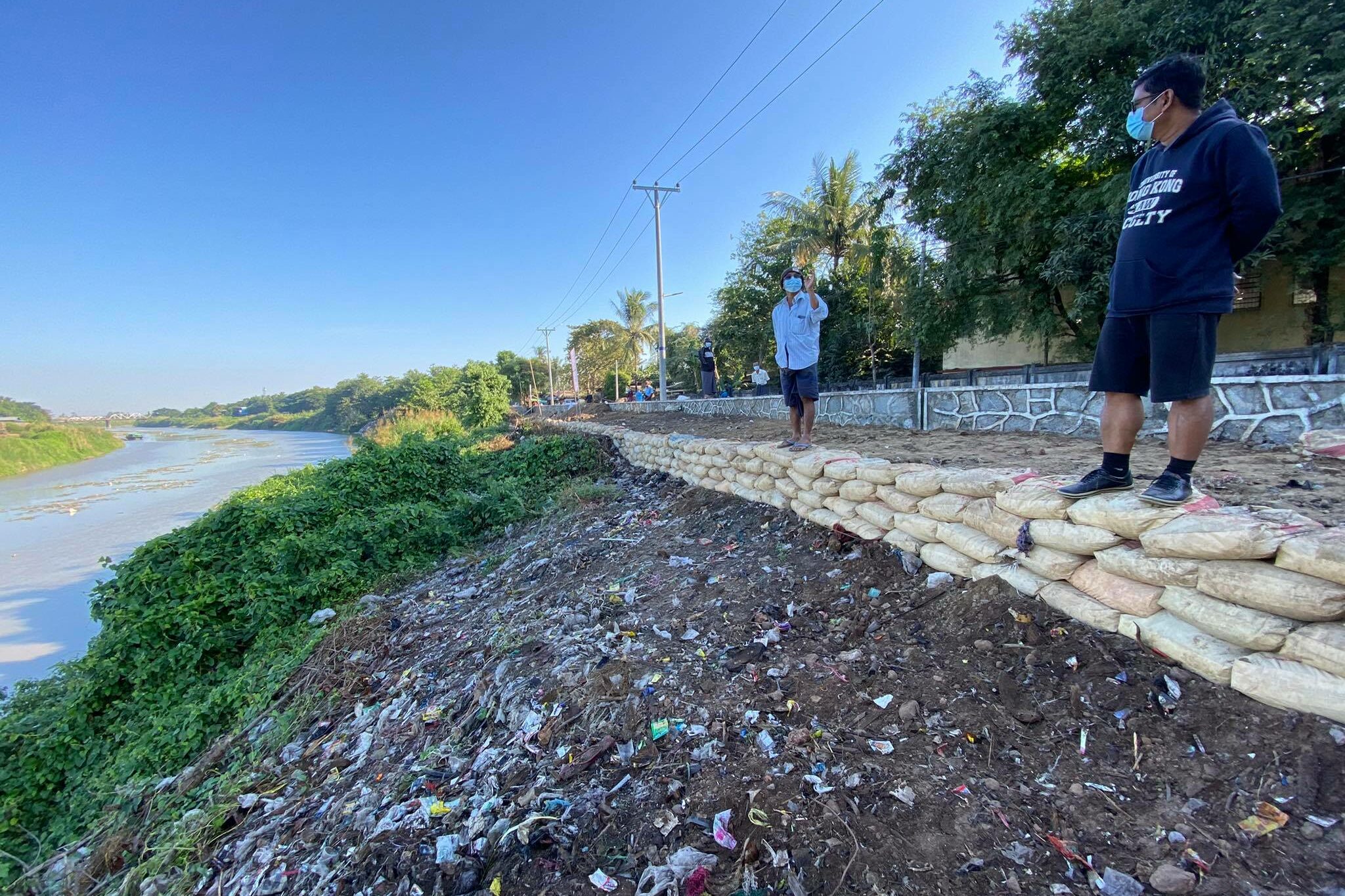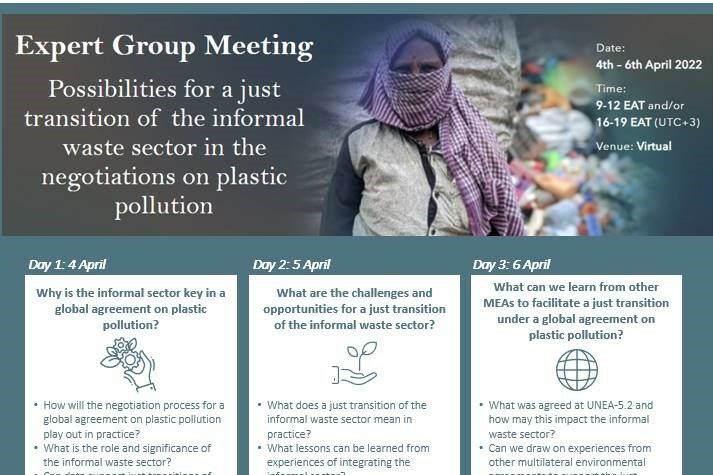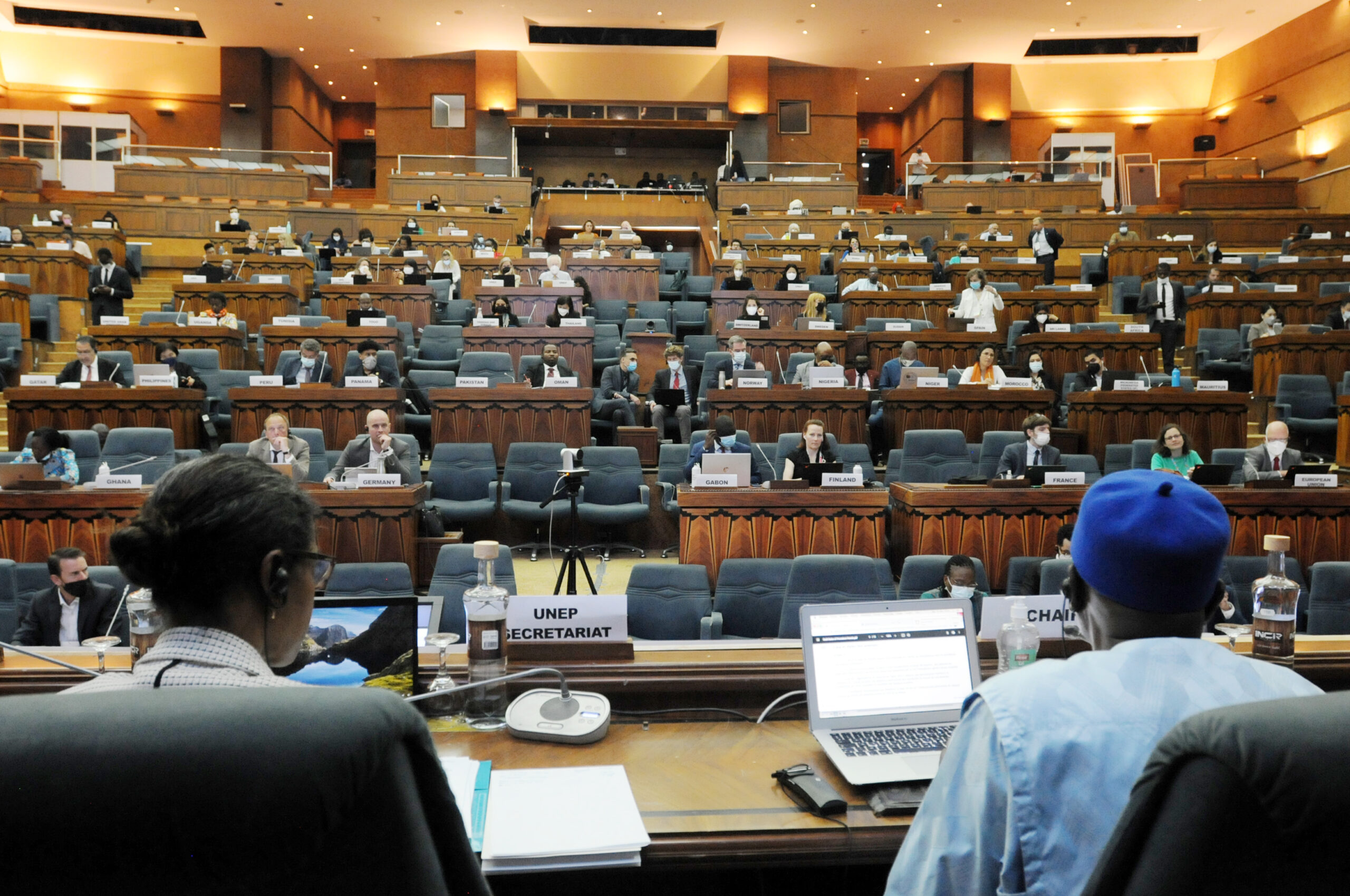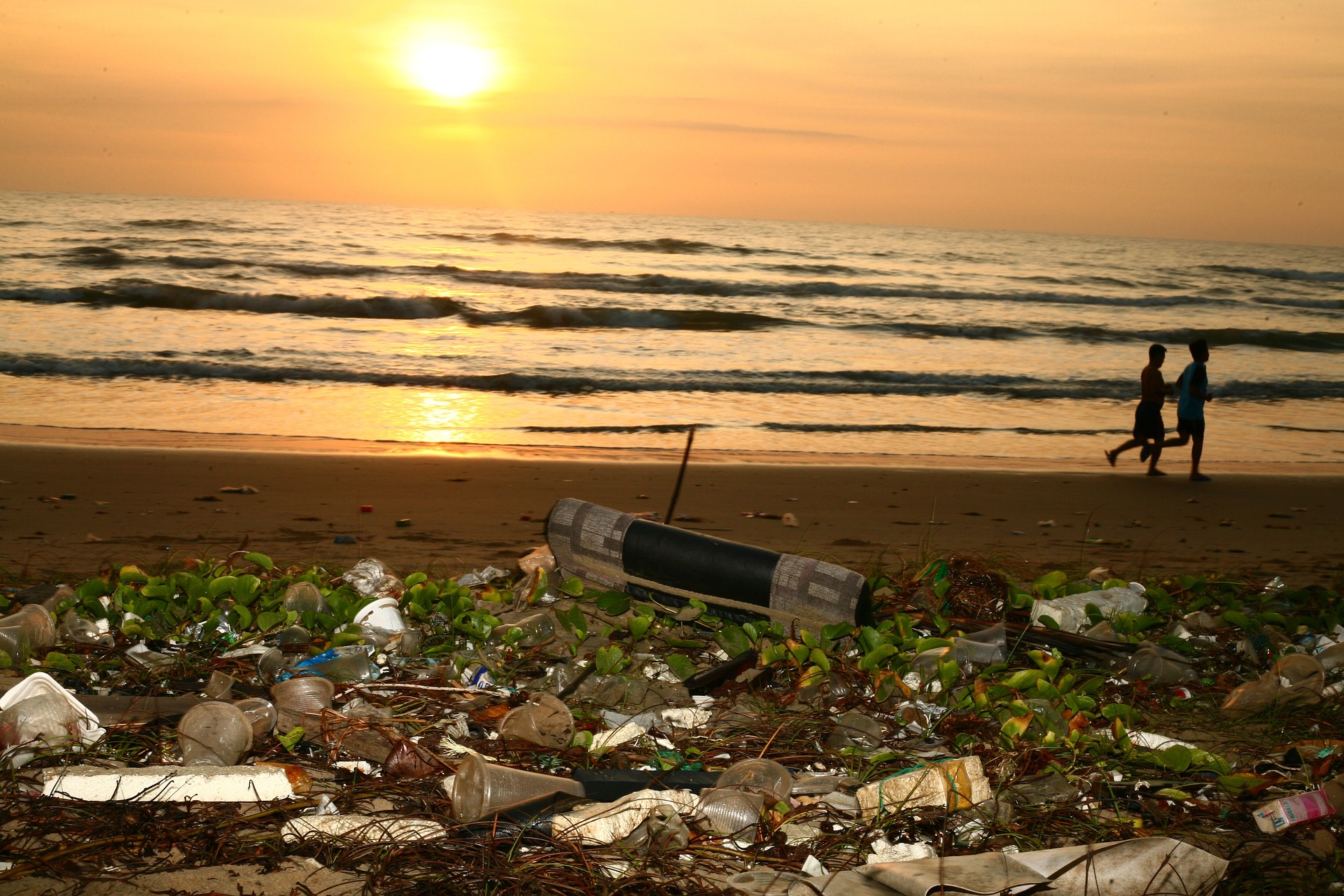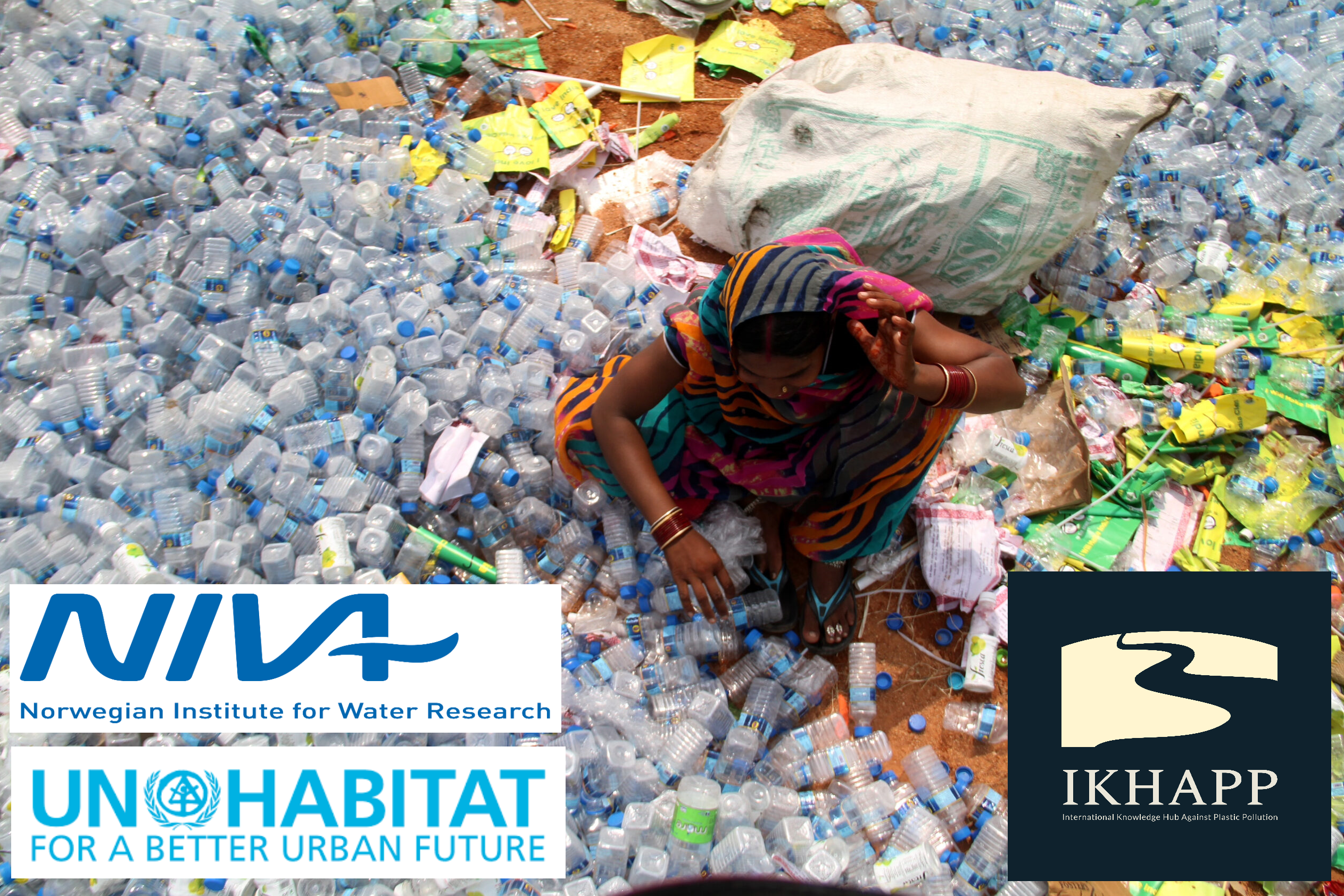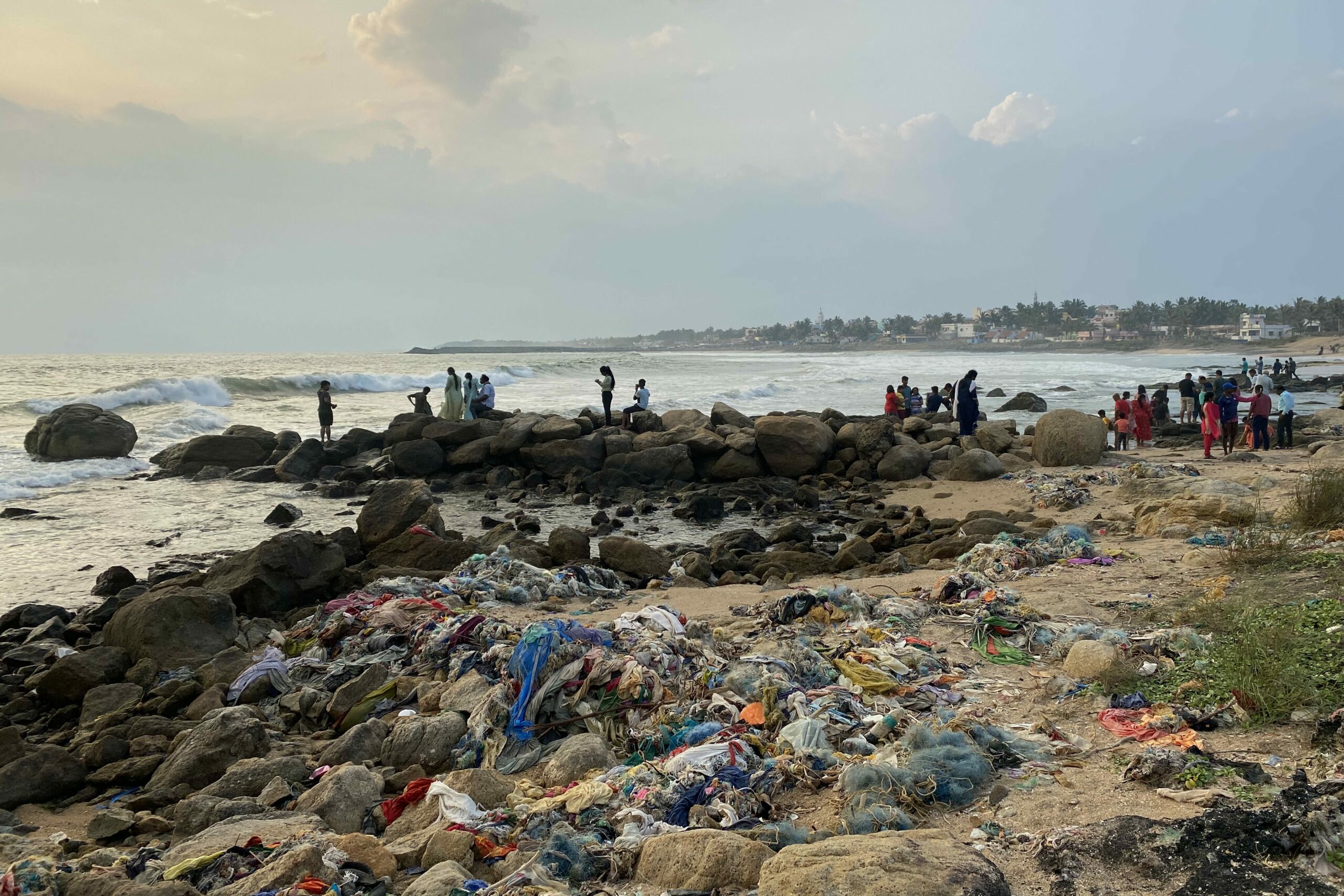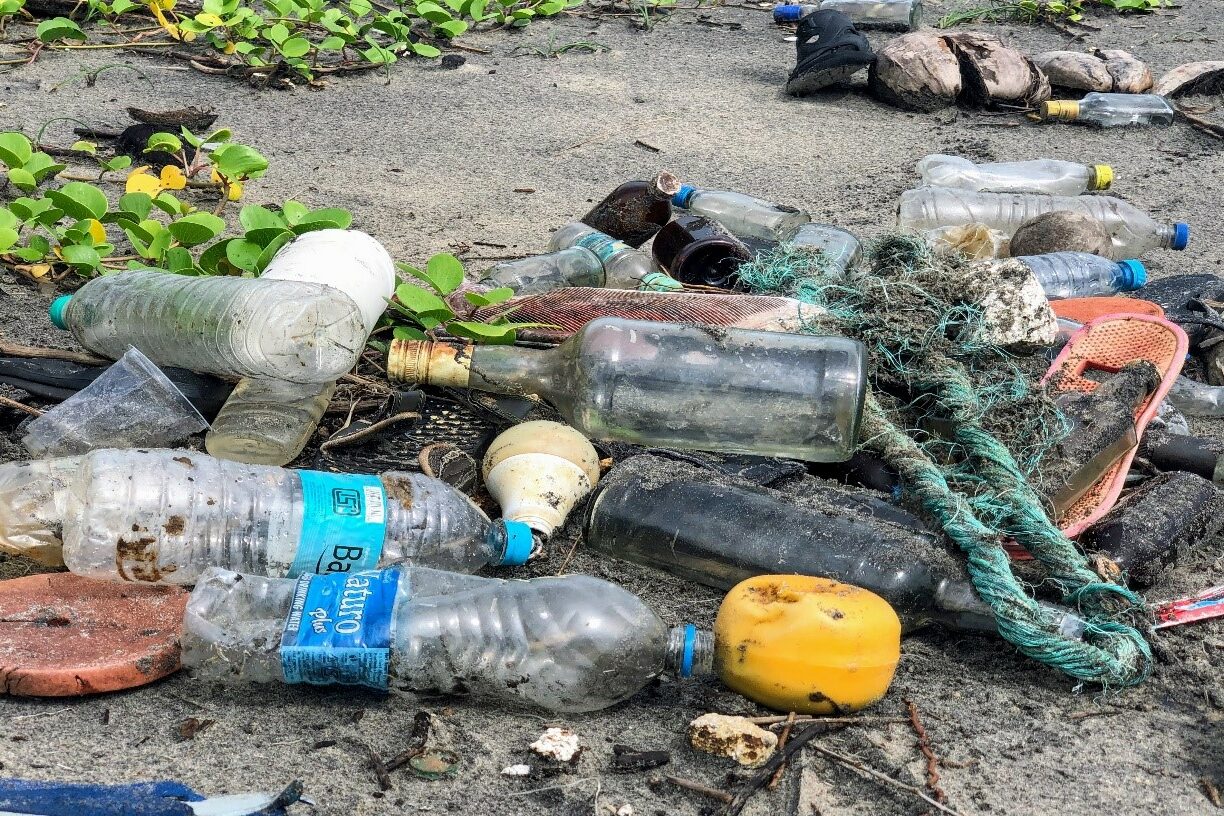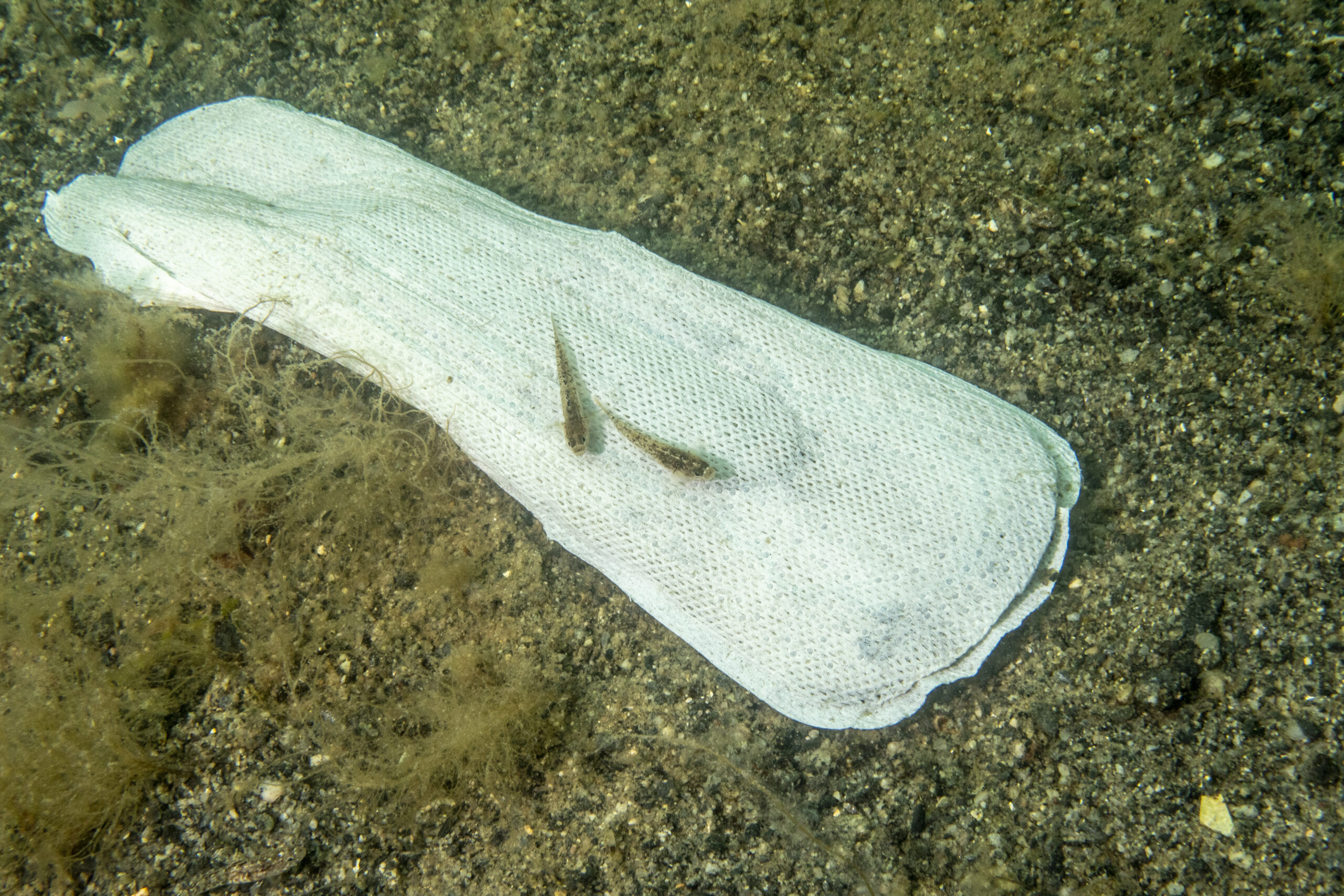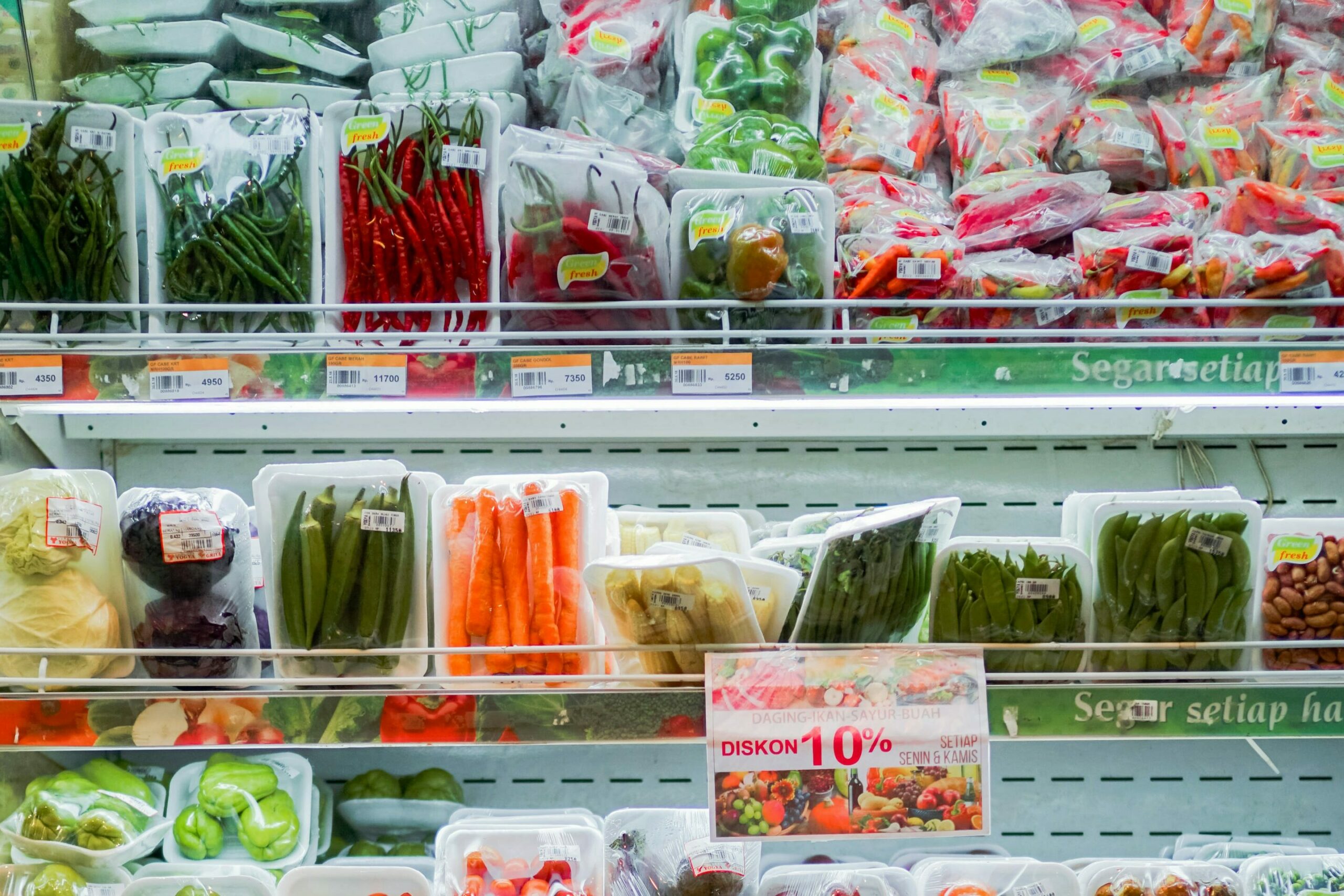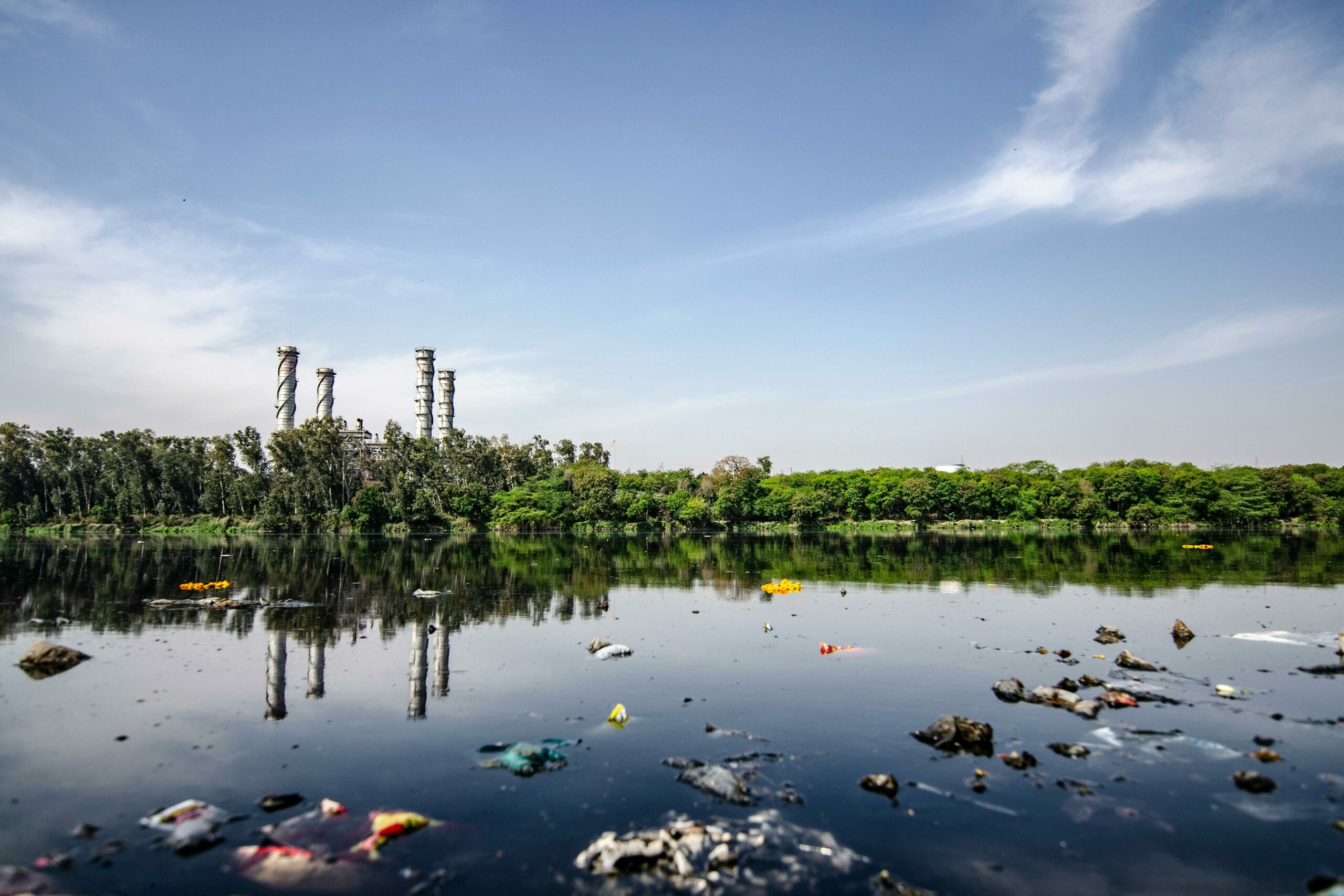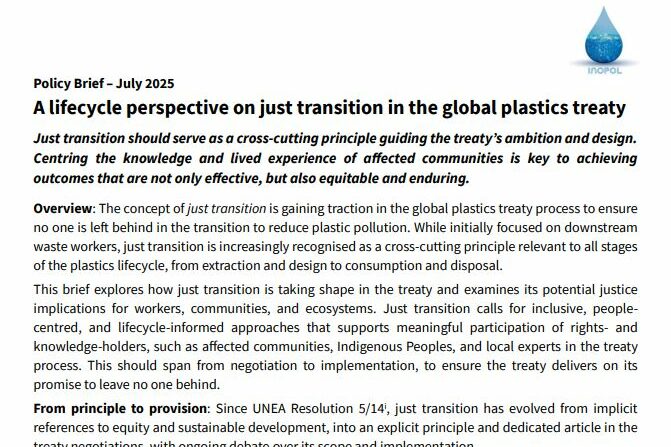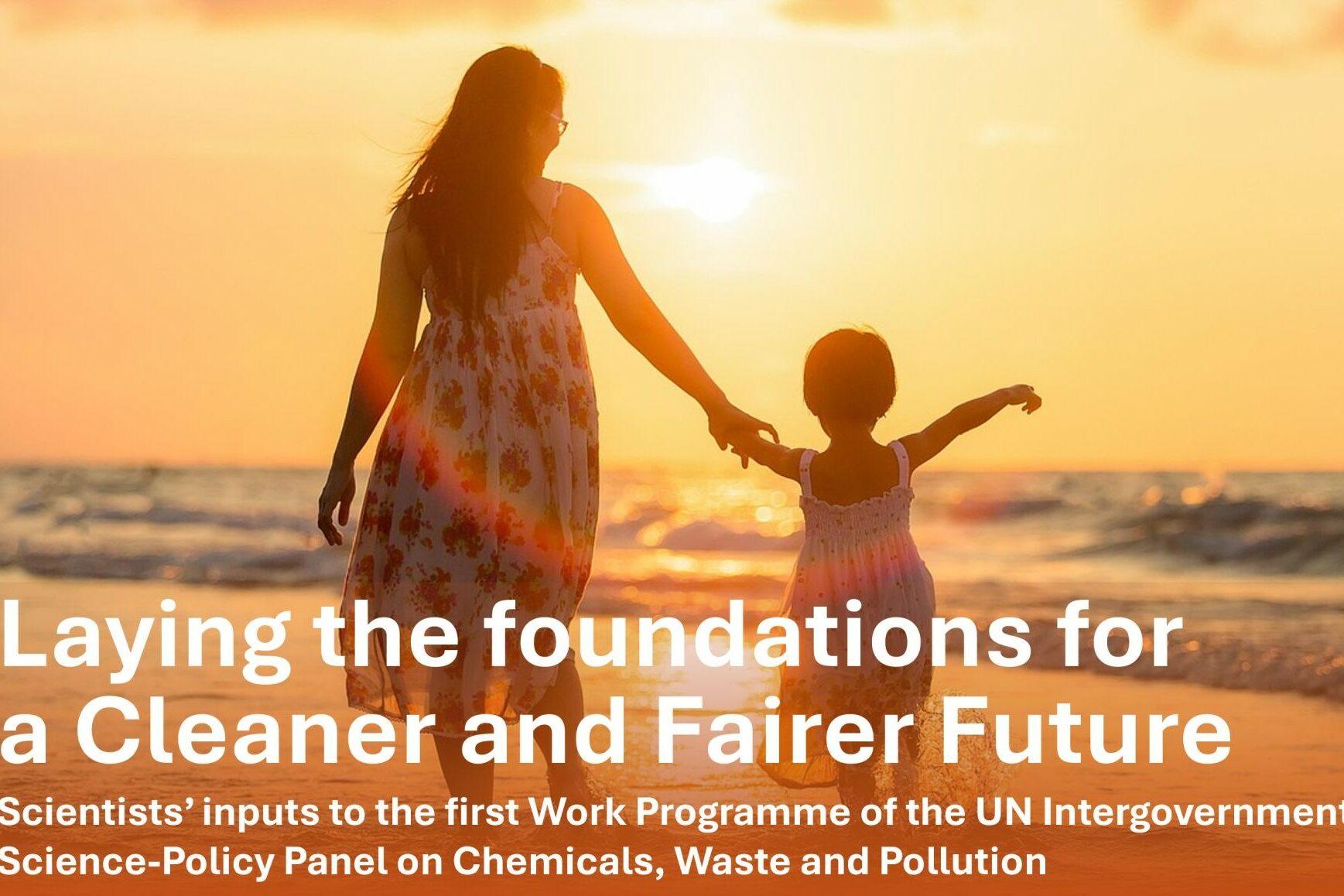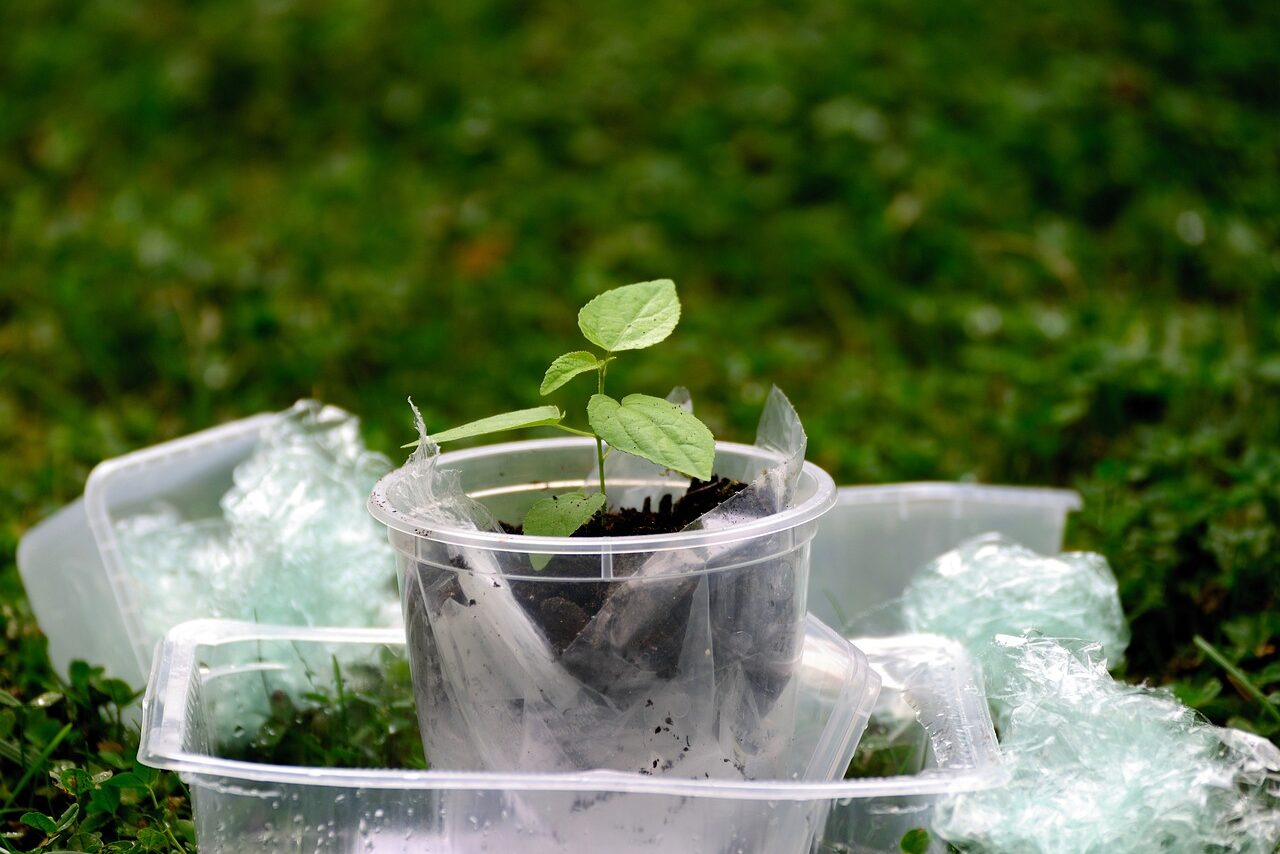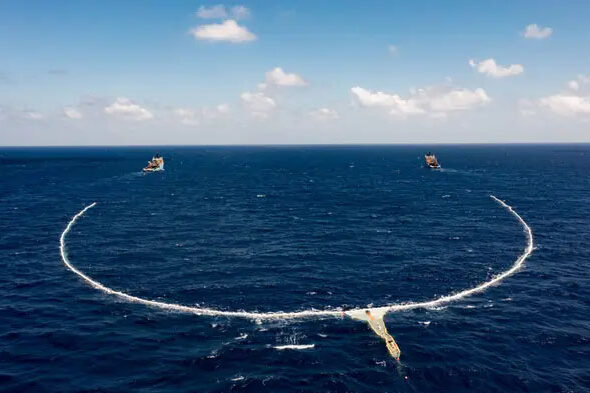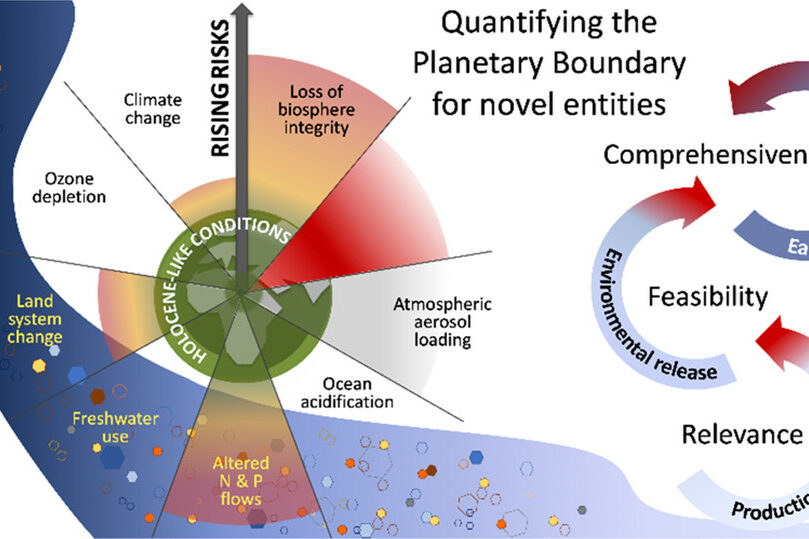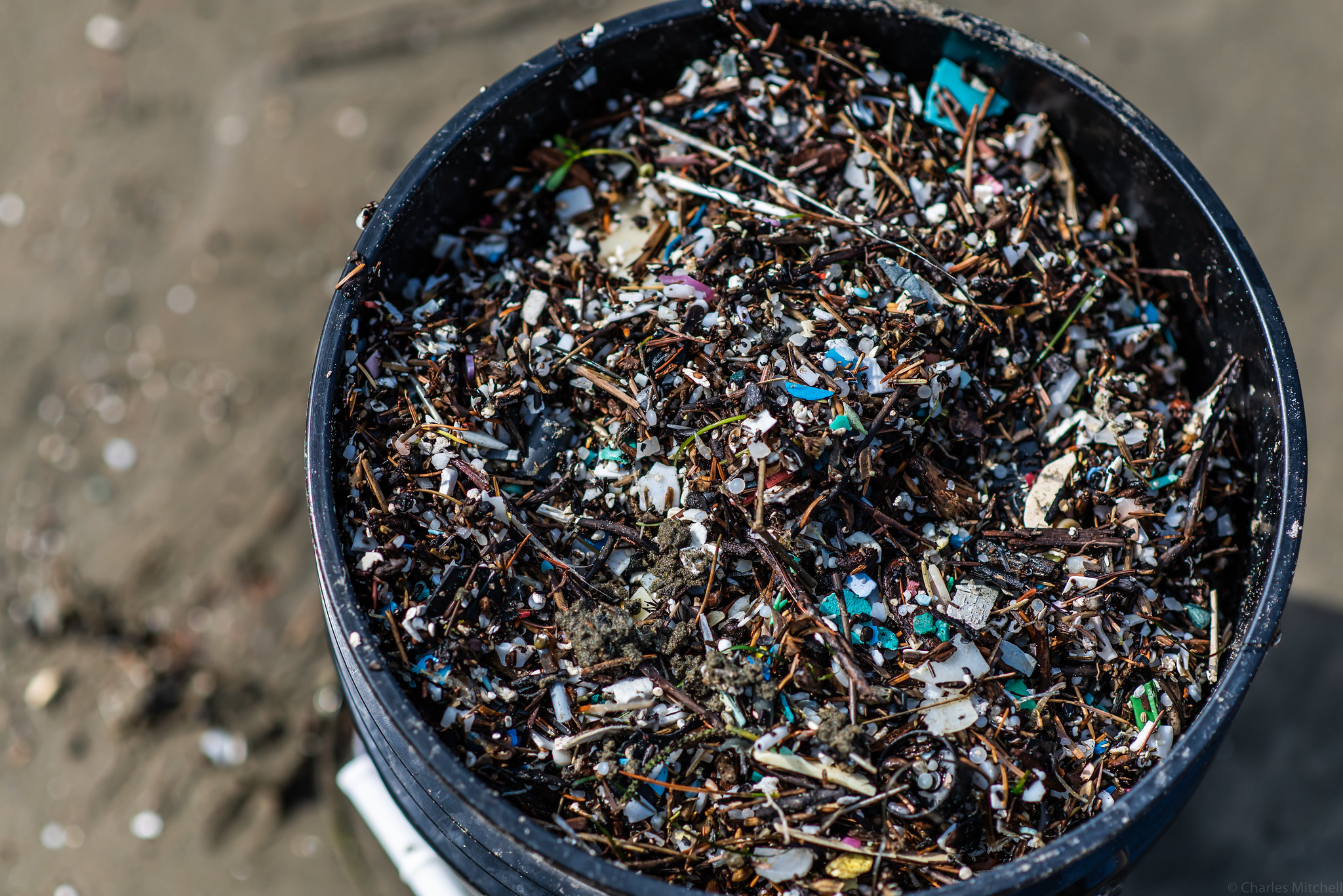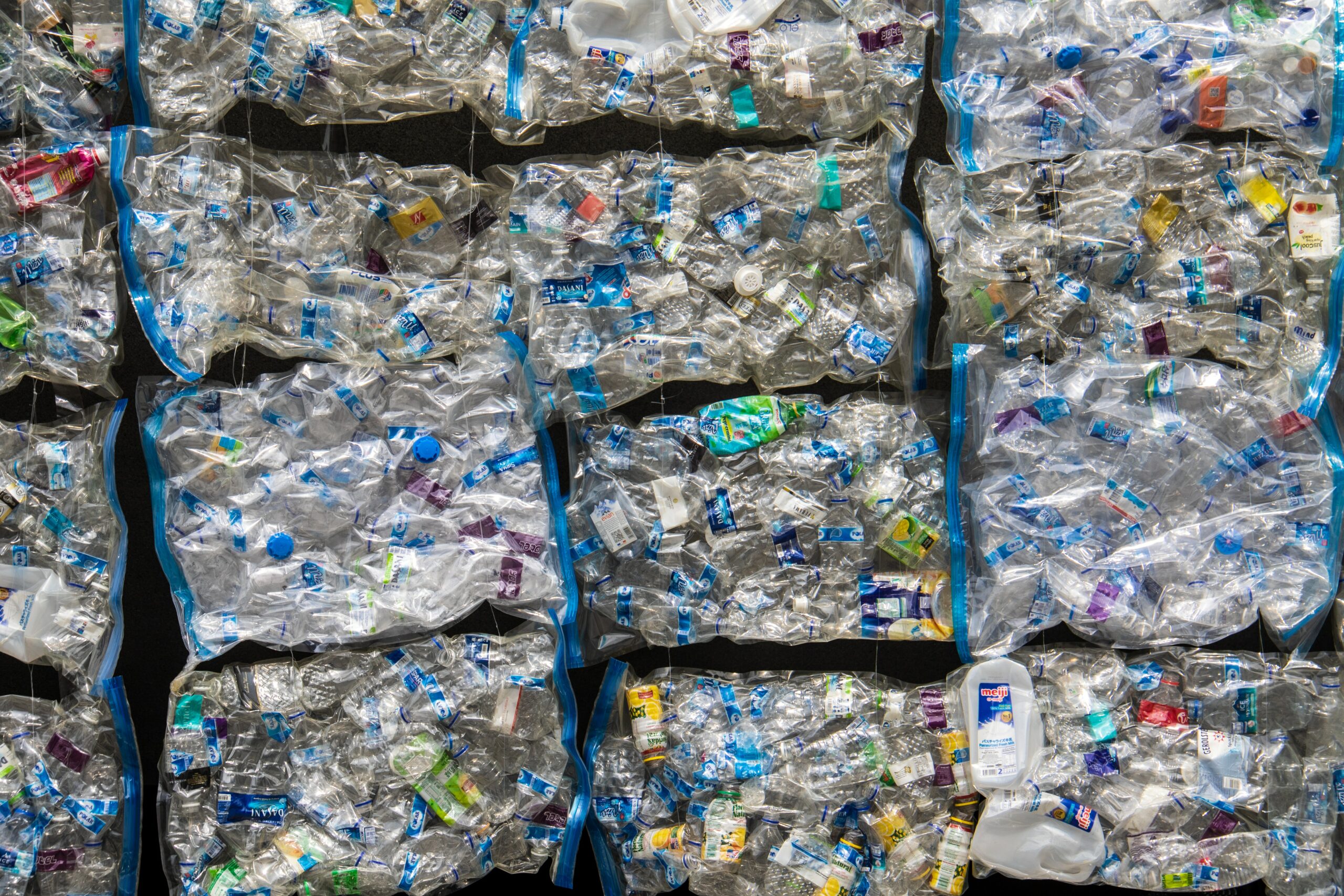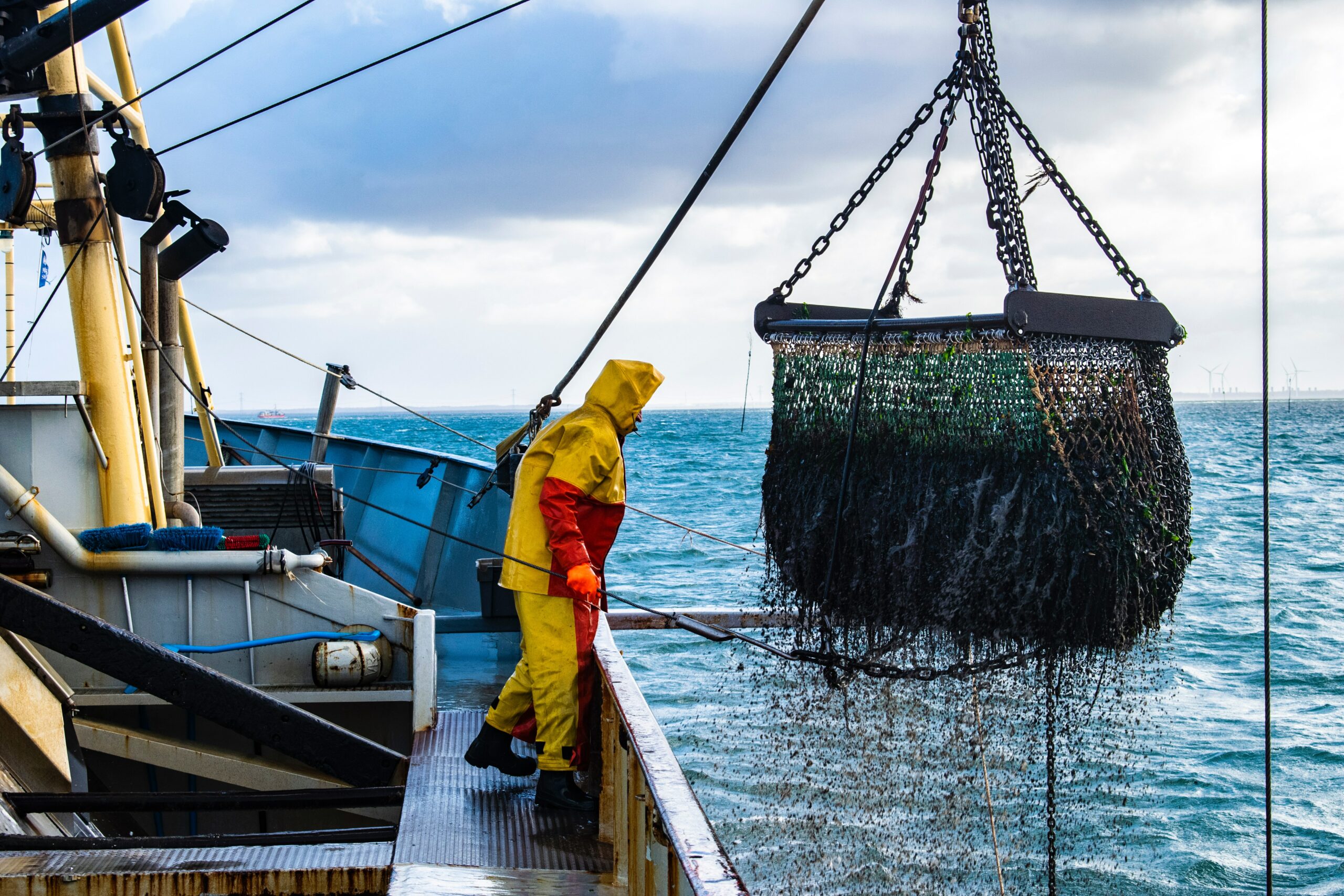Problems and solutions related to plastic pollution are closely related to societal issues. Mismanaged plastic waste can cause, for instance, significant damages and losses. The costs can sometimes be more direct (for example through flood-related damage) but are less well known when it comes to impacts on human health or ecosystems. In addition, many livelihoods, particularly in developing and emerging economies, depend on recycling, and also the plastic economy. Better policy and regulation, economic assessments or public awareness of these issues are key when looking for solutions. In recent years, a slew of new policies and regulations on plastic products and waste handling have been drafted. For example, certain types of plastic bags and other single-use plastic products have been banned in several countries. However, strict bans are not always a viable option, and often a combination of measures are needed ranging from more effective regulation, to financial incentives or behavioral change. As legislations and measures are developing at a fast pace, it is key to evaluate their impacts, and assess them in order to find the best solution for a certain context. As the international community is also strengthening its efforts – and national solutions are not enough – there is a drive towards framing a global agreement on marine plastic pollution.
The consequences of plastic pollution have a direct cost to the global economy. The United Nations (UN) has estimated the total quantifiable natural capital cost to marine ecosystems to be 13 billion USD annually. A more recent assessment considers instead a 1– 5 % decline in marine ecosystem-service delivery as a result of plastic pollution, which scales up to a staggering annual loss of 500–2,500 billion USD. Economic impacts on urban, farming and terrestrial ecosystems are far less understood. According to UN estimates, a bill of roughly 1 USD per kg of mismanaged waste is currently shouldered by taxpayers and private enterprises who face the direct impacts on fisheries and tourism sectors around the world. The invoice for externalities (indirect, unrecognized, or unassessed impacts) will instead be sent to future generations. While mismanaged plastic waste has great costs, the plastic industry is also employing a large number of people globally. The informal recycling sector plays an important role in plastic waste handling practices across low and middle-income countries. Informal structures collect and recycle an estimated 58% of post-consumer plastic waste globally, and provides an important source of income for the poor and vulnerable workers.
Plastic pollution poses a threat to not only the environment, but also to human health through exposure to harmful toxic substances or also increasing flood risk and vector borne diseases. Reducing plastic, which has very different sources and consequences across different societies and population segments, is a complex task. As with many other environmental problems, plastic pollution requires not only state, private and scientific actions but also behavioural change of consumers. Civil society and public engagement therefore play important roles in efforts to reduce the unmanaged release of plastic into the environment.

